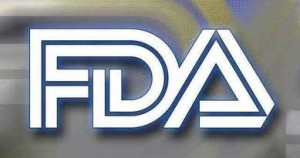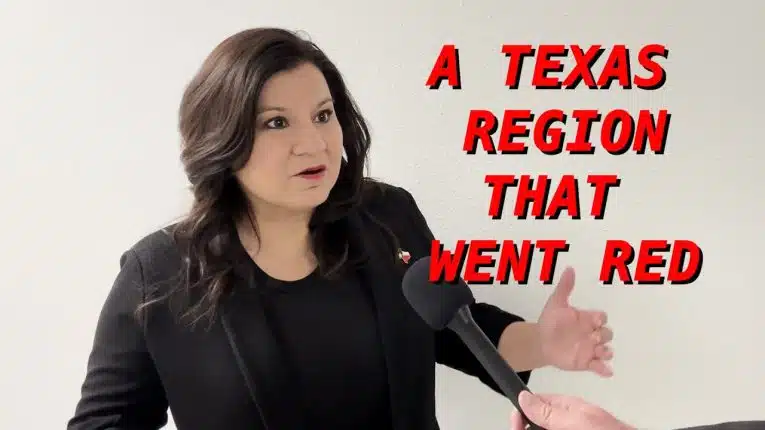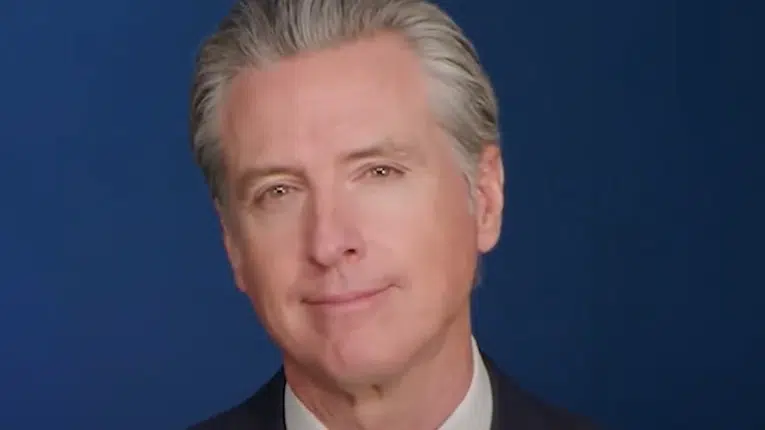As we have noted here before, there is a serious issue dealing with conflicts of interest at the FDA’s Tobacco Products Scientific Advisory Committee (TPSAC). This committee advises the FDA on regulations for tobacco products. However, several members of the committee are not independent, thus, regulations that are passed down affect the financial interests of those on the committee.
Specifically, committee members Jack Henningfield, Neal Benowitz and Dorothy Hatsukami stand to gain with the regulations that they propose. Henningfield is a consultant for the maker of Nicorrette gum. Benowitz is employed by Pfizer, which produces Chantix, a drug that aids people to quit smoking. Hatsukami has been the recipient of grants to study a nicotine vaccine. Clearly these tobacco regulators have other interests.
Today, Bill Wilson, the President of Americans for Limited Government, sent the following letter to Margaret Hamburg, the Commissioner of the FDA, calling on her to reconsider these members of the commission:
Dear Commissioner Hamburg:
As you know, the Food and Drug Administration has convened a special Tobacco Products Scientific Advisory Committee (TPSAC) to advise you or your designee regarding the regulation of tobacco products. Earlier this year the Americans for Limited Government expressed concern that nearly a majority of the TPSAC voting members have received payments from special interests with billions of dollars riding on the outcome of the committee’s analysis.
We are writing to express our continuing concern about this conflict of interest. We repeat our strong recommendation that the FDA reconsider the composition of this committee, either dismissing the conflicted members or requiring them to abstain from issues affecting their own financial interests.
Our earlier [letter/statement] described the conflicts of interest. They are:
- Jack Henningfield, a voting member of the committee, is a consultant to GlaxoSmithKline the maker of Nicorette gum who would stand to benefit financially from further restrictions on tobacco products
- Neal L. Benowitz was Pfizer consultant which makes the drug Chantix that aids people who want to quit smoking. Benowitz has also worked for GlaxoSmithKline and Nabi Pharmaceuticals
- Dorothy Hatsukami received grant support from Nabi Pharmaceuticals to study their nicotine vaccine
In addition Jonathan Samet, the chairman of TPSAC, also received grants from GlaxoSmithKline and the organization he headed was funded by two different pharmaceutical companies.
These committee members – with clear conflicts of interest – may vote to ban menthol in cigarettes, creating a huge, new market for products like nicotine chewing gum and nicotine patches, the very same products the committee members were paid millions of dollars to help develop for the companies. The committee could even recommend the government spend taxpayer dollars to buy these products, resulting in billions of dollars in wasteful, corporate welfare.
Scientific advisory panels should be independent and impartial to ensure fairness. In fact, the law establishing TPSAC specifically states that it must “contain appropriate provisions to assure that the advice and recommendations of the advisory committee will not be inappropriately influenced by the appointing authority or by any special interest, but will instead be the result of the advisory committee’s independent judgment.”
These irreconcilable biases jeopardize the neutrality that examination of this issue demands and requires. It also threatens to erode Americans’ confidence in government. It creates an anti-government sentiment that leads the public to question decisions, a dynamic that certainly is not healthy for our democracy.
We are cognizant that the FDA denied an earlier request to remove the members of the committee, but said it would continue to screen members for potential conflicts of interest on topics the committee would be considering. We can envision no greater conflict. We urgently request that you revisit these disqualifying conflicts of interest.
William Wilson
President, Americans for Limited Government
As Wilson correctly points out, scientific advisory panels need to be independent. If the panel is allowed to regulate while members reap the benefits, this is an injustice to Americans and science. Commissioner Hamburg should make the right decision and dismiss impartial members.







